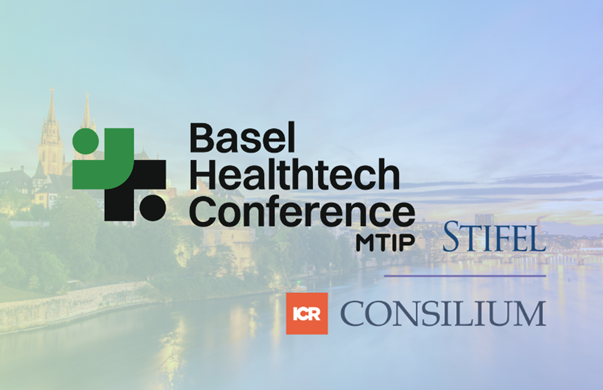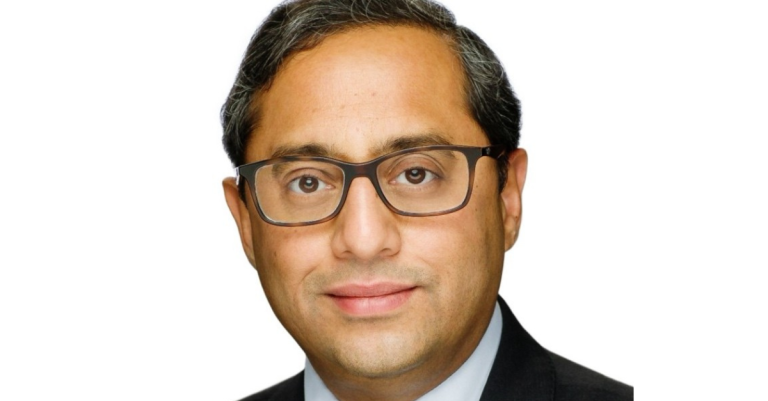
‘How can we use technology to make drug research and development quicker, more efficient and less expensive?’ ‘How can we optimise the use of AI in all aspects of healthcare for a better experience for clinicians and patients?’ These were questions discussed at the inaugural Basel Healthtech Conference hosted by MTIP and Stifel.
Panellists and speakers covered topics spanning the entire spectrum of healthcare, from research and clinical development to primary care. Conversations buzzed around diverse topics, from the intricacies of data management to enhancing the patient experience in clinical trials and leveraging technology to optimize drug discovery and application.
While tech innovation isn’t necessarily the new kid on the block in healthcare, which as a sector has been relatively slow to adopt and adapt to new technology, there still remains bountiful opportunity for the sector to benefit from new developments to make healthcare better for patients, partners and investors.
Here are some takeaways following the two-day conference in Switzerland:
- AI is exciting as a tool for drug discovery but more validation is still needed
There is no doubt that AI has huge potential to impact drug discovery, but so far this impact has been on speed of target generation, rather than on the technology’s ability to identify novel candidates. We are yet to see enough significant success in terms of delivery on mode of actions for these therapeutics to truly validate the technology’s value in R&D in the eyes of investors.
- Digitisation of public healthcare systems isn’t perfect, but it’s necessary and it’s coming regardless
With growing populations and soaring costs, digitisation is going to be crucial in ensuring that public healthcare systems continue to exist in the future. There is consensus amongst providers that the digitisation of healthcare is a big shift in terms of the patient experience and an appreciation of the challenges they face in educating an ageing population that is used to accessing their healthcare services their way. However, there is a commitment to ensure that healthcare systems continue to offer human contact where necessary and provide a positive experience for users at all points. Deployed correctly, digitisation may offer a way forward to make processes more efficient and give patients the appropriate care they need quicker.
- The technology is invaluable but we should not forget about the patient
Technologies currently being developed have huge potential to positively impact everything from lab research to drug development, clinical trials and patient care will only make the way we do things easier, more efficient and less resource intense. But it is important not to forget that the reason these innovations are being developed and applied is ultimately to make patients’ experience and lives easier.
- The 2024 deal-making prospects lights are shining bright(er)
Cautious optimism continues into 2024 across the sector and this is also seen throughout the healthtech space. Both investors and management teams are exuding an appetite for action and are ready when the right opportunity arises. Various individuals we met in Basel expect more financing and M&A to come our way this year.
- In the not-too-distant future there won’t be a distinction between “digital health” and “health”
As technology continues to evolve and positively impact the way healthcare systems operate, there won’t be a need to characterise certain aspects as ‘digital’ – inherently all parts of the system will be digitised for the patients and clinicians’ benefit.
Binding everything together will be data. We are living in an age where there is definitely no lack of data; in fact, there is so much data these days due to the digitisation of every industry that most don’t know what to do with it. But 2024 we will continue to see the harnessing of data – collecting, storing, sharing and using this data is how healthcare will truly learn to optimise technological advances in the industry.
Only time will tell which innovations will reach critical mass in 2024, but one thing is for sure, things are moving fast and it is an exciting time for this new digital era of healthcare.



